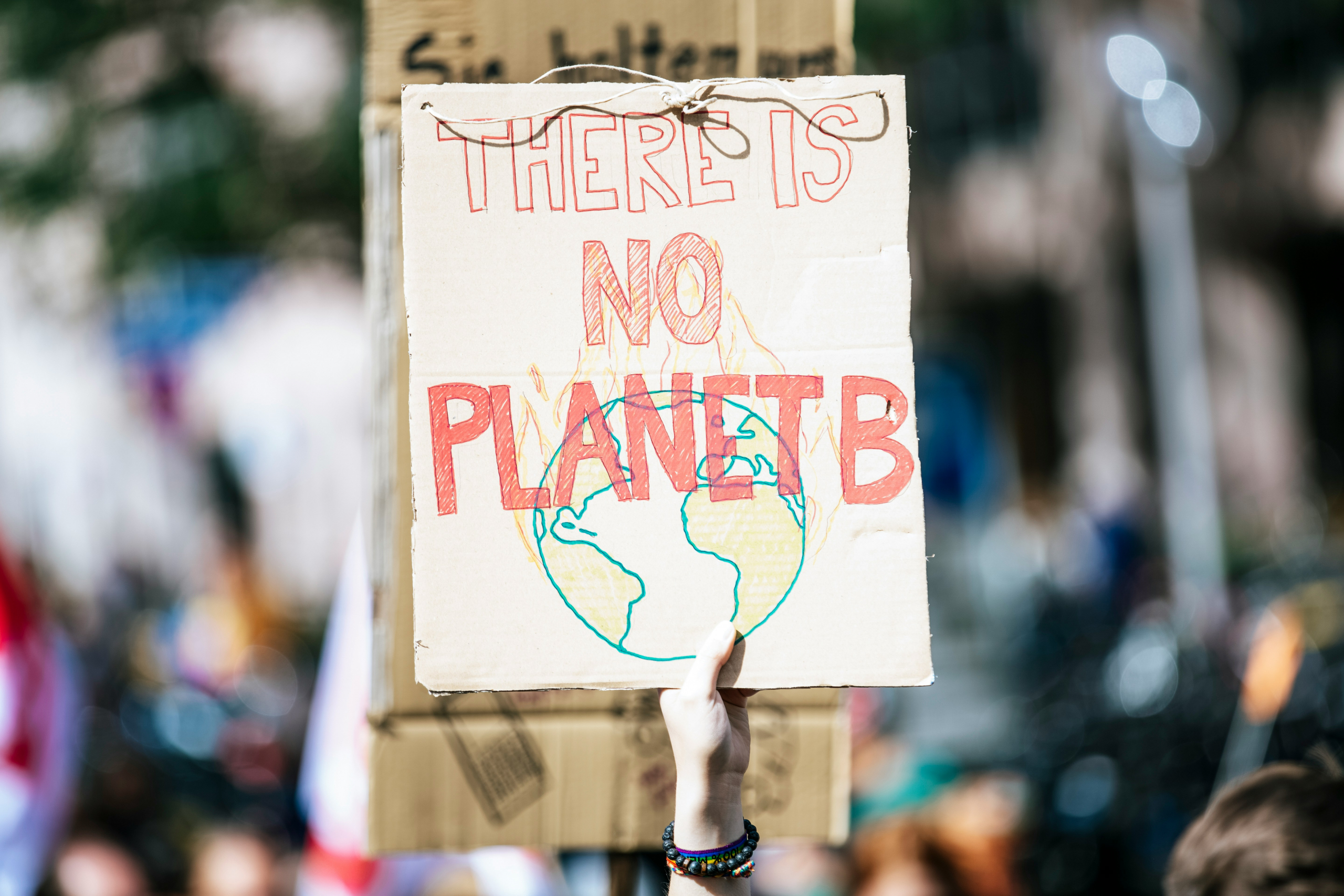by Scott Davis
Each weekend, I slip my handheld radio onto my belt loop and begin work at my local authority’s leisure centre reception desk. The job helps to supplement my part-time post-doctoral university position, with the bonus of keeping me close to what’s happening on the ground in my local Drylaw community, and nearby Pilton and Craigleith. Every Saturday morning, between the sporadic rushes of parents dropping off their kids for weekly swim lessons, a politically minded colleague and I find time to enter into a weekly ritual of confiding shared feelings of frustration and powerlessness over the wider societal problems affecting us. On one of these occasions, the spectre of global warfare loomed a little larger than usual as missiles were exchanged between Tel Aviv and Tehran the night before. Against this backdrop, we spoke of the situation in Palestine, existentially problematising our citizenry responsibility and questioning the morality of continuing our day-to-day duties against the backdrop of livestreamed genocide, ecocide and human suffering. While we had previously attended public demonstrations in our efforts to do something, I could see in my colleague’s face a familiar pain I felt too. The feeling of complicity.
This recent conversation with my colleague prompted me to reflect upon the collective cognitive dissonance that many of us now carry in our working lives, but often remain unspoken. This sound of silence now feels intolerably loud. More broadly, the wider public also appear to be less accepting of the stories our public and private institutions tell us. It seems that the more visibly our ‘systems’ malfunction, our faith in the stories necessary to maintain societal order dwindles further.
A lingering, unsettling disconnect persists within me. Nevertheless, I, along with many others, continue to serve these dominant narratives we no longer believe in. When I arrive to work, on some level I tacitly consent to the principal story that perpetual accumulation of capital is the most appropriate mode of living to progress humanity; when I buy things I don’t necessarily need, I re-affirm the notion that future technologies packaged as commodities can liberate us rather than dull our autonomy; and in each election my vote re-legitimises the belief that our antiquated system of representative democracy can still yield an effective antidote to authoritarianism.
This zeitgeist of dissonance my colleague and I mutually felt has echoes of anthropologist Alexei Yurchak’s hyper-normalisation concept (popularised by the documentary film-maker Adam Curtis). Yurchak described how, in the latter years living under the Soviet Union, public legitimacy in institutional power diminished. While many people no longer believed the dominant narratives expressed by those in power, an alternative was not yet imaginable. The consequence of this was often an atomised existence of personal resignation and anomie, whereby one would continue to operate under pretences of normalcy while feeling that things were structurally broken. Essentially, what was said was in direct contradiction to what was felt.
The late political theorist Mark Fisher’s quote (which he first attributed to Frederic Jameson and Slavoj Žižek) that:
“it’s easier to imagine the end of the world than the end of capitalism” (p2)
while this may sound clichéd, it remains an effective shorthand to illustrate the profound difficulty we have in nurturing the individual, civic and institutional capacity to re-imagine our societal systems and structures. Ironically, this need for transformation has emerged as the key test of our time, in light of the climate emergency and the urgent requirement for humanity to rise as responsible stewards of our planet. The feminist eco-philosopher Vandana Shiva – who left her scientific work in physics to ‘take the side of nature’ – embarked upon the challenge of re-writing the dominant stories society tells itself – in ‘Staying Alive’, she questioned the onto-epistemological supremacy of modernity:
“For more than three centuries, reductionism has ruled as the only valid scientific method and system, distorting the history of the West as well as the non-West. It has hidden its ideology behind projected objectivism, neutrality and progress. The ideology that hides ideology has transformed complex, pluralistic traditions of knowledge into a monolith…superimposed on all classes, genders and cultures which it helps in controlling and subjugating” (p20-21).
The supremacy of modernist thinking was beautifully illustrated to me recently in a story I read about a species of North American pecan trees, told by Dr. Robin Wall Kimmerer in her book Braiding Sweetgrass. Dr. Kimmerer, an environmental biologist of native American descent, described the indigenous understanding that pecan trees speak to each other over several seasons and many years, informing those working the land with a knowledge of socio-ecological trends and patterns, helping them live in tandem with nature. Only recently has this ‘myth’ been legitimised by those functioning under modernist frameworks of knowledge production, as scientists discover that these trees do indeed communicate with each other.
Many of us working within public health, like Dr Shiva, now choose to ‘take the side of nature’. The emergence of planetary health as a legitimate public health discourse in the last decade represents significant progress towards integrating a multiplicity of knowledges into new pathways for the future; furthermore, the rise of planetary health within public policy is symbolic of a desire from those working within our institutions to create an alternative story of the world that our systems and structures can build new principles around. Planetary health aims to thread an explicit acknowledgement through public health policy that human health is dependent upon the health of the planet, within the context of Earth’s environmental boundaries. The growth of this discourse within public health has contributed to the construction of new stories. It has opened fresh social and political arenas for praxis that de-centres human subjectivity and questions anthropocentric understandings and reductionist models of our local places. The practicalities of engaging in these interrogations and re-imaginaries can sometimes be tough. Dr Vanessa Machado de Oliveira’s recent book ‘Hospicing modernity: Facing Humanity’s Wrongs and the Implications for Social Activism’ has attempted to answer this question of practicality with guiding principles. De Oliviera invites us all to accept the demise of the modernist stories we once knew and to “hospice” modernity, ensuring we handle the closing of this chapter of human history with love and care, nurturing ground to support the construction of new stories for a socially and ecologically just future that is neither reactionary nor authoritarian. While ‘hospicing modernity’ provides exercises that critically question the modernist assumptions we consciously or sub-consciously hold and enact, there isn’t a series of rational, mechanistic steps to follow; rather, she offers:
“a language and pedagogical approach to ‘clear’ the space for the possibility of seeing, sensing, relating and imagining of an ‘otherwise’ to emerge” (p41).
I view this work similarly to the Freirean approach of liberating ourselves through civic education, only on this occasion, we learn how to subvert our onto-epistemological assumptions of modernity that have now reached their expiration date, embodying critiques of enlightenment thinking reminiscent of Adorno & Horkheimer. Such an approach can challenge popular myths of ‘objectivity’ and the notions of ‘reason’ inherent within modernity itself, offering a critical yet caring guide that helps us confront the desire modernity has instilled in humanity to dominate nature at the expense of planetary health.
At the end of each weekend at the leisure centre, I return my radio to the office and progress my post-doctoral research of locating and nurturing principles of planetary health alongside the communities I work with. I will hold close De Oliviera’s writings as I continue to explore whether planetary health can be an appropriate eulogy as we hospice our modernity.
References
- De Oliveira, V. M. (2021). Hospicing modernity: Facing humanity’s wrongs and the implications for social activism. North Atlantic Books.
- Fisher, M. (2022). Capitalist realism: Is there no alternative? John Hunt Publishing.
- Kimmerer, R. W. (2013). Braiding sweetgrass: Indigenous wisdom, scientific knowledge and the teachings of plants. Milkweed editions.
- Shiva, V. (2016). Staying alive: Women, ecology, and development. North Atlantic Books.
- Yurchak, A. (2005). Everything was forever, until it was no more: The last Soviet generation. Princeton University Press.




